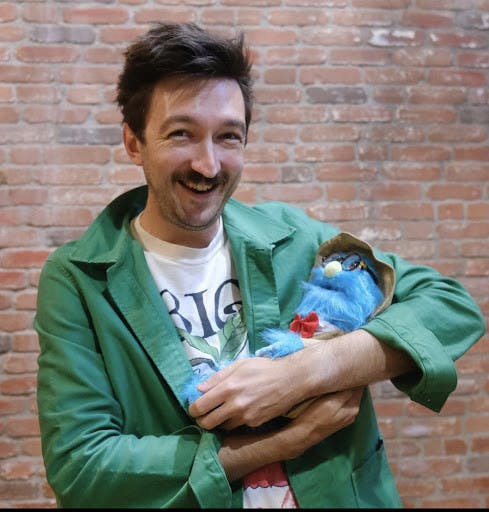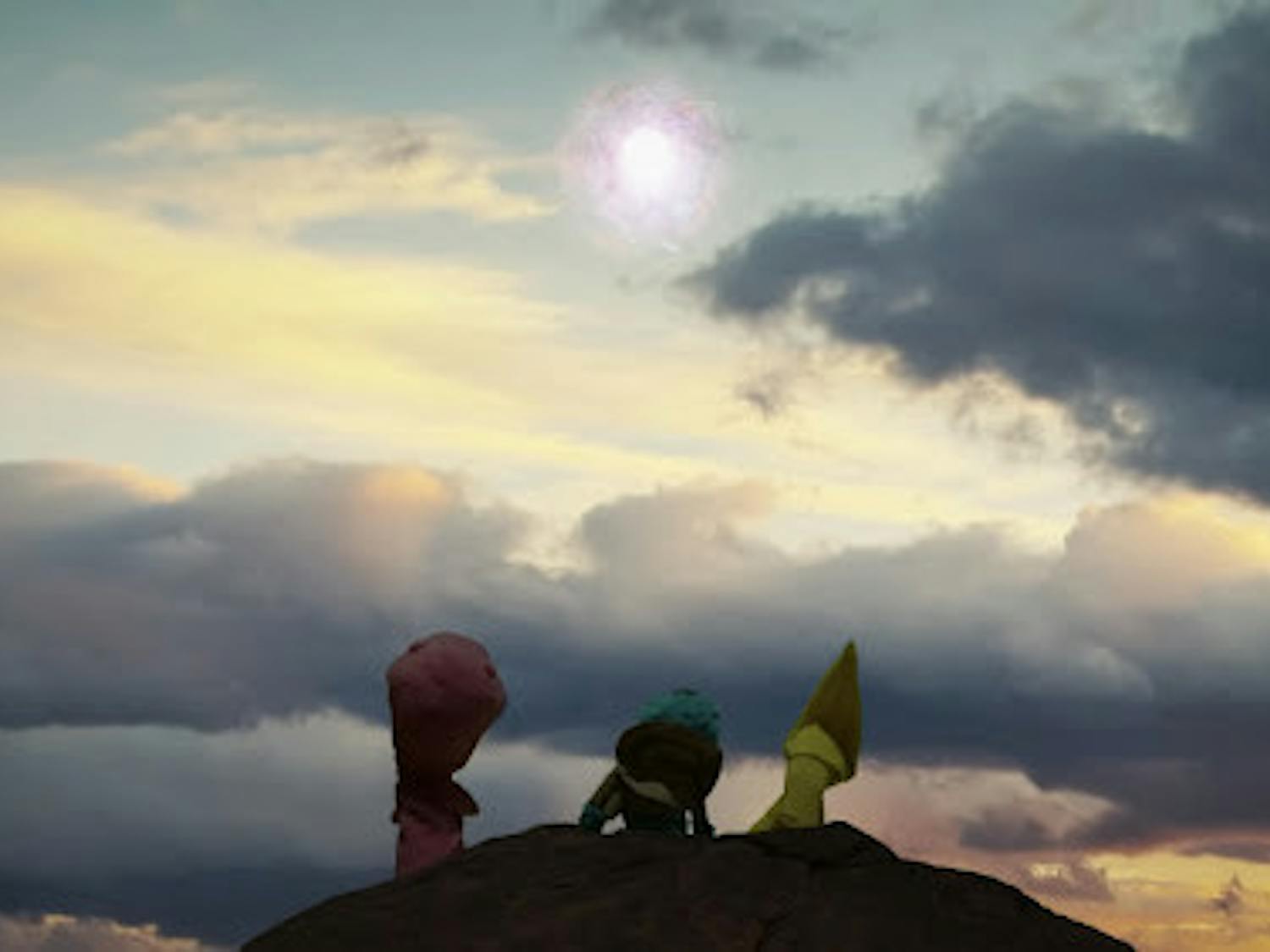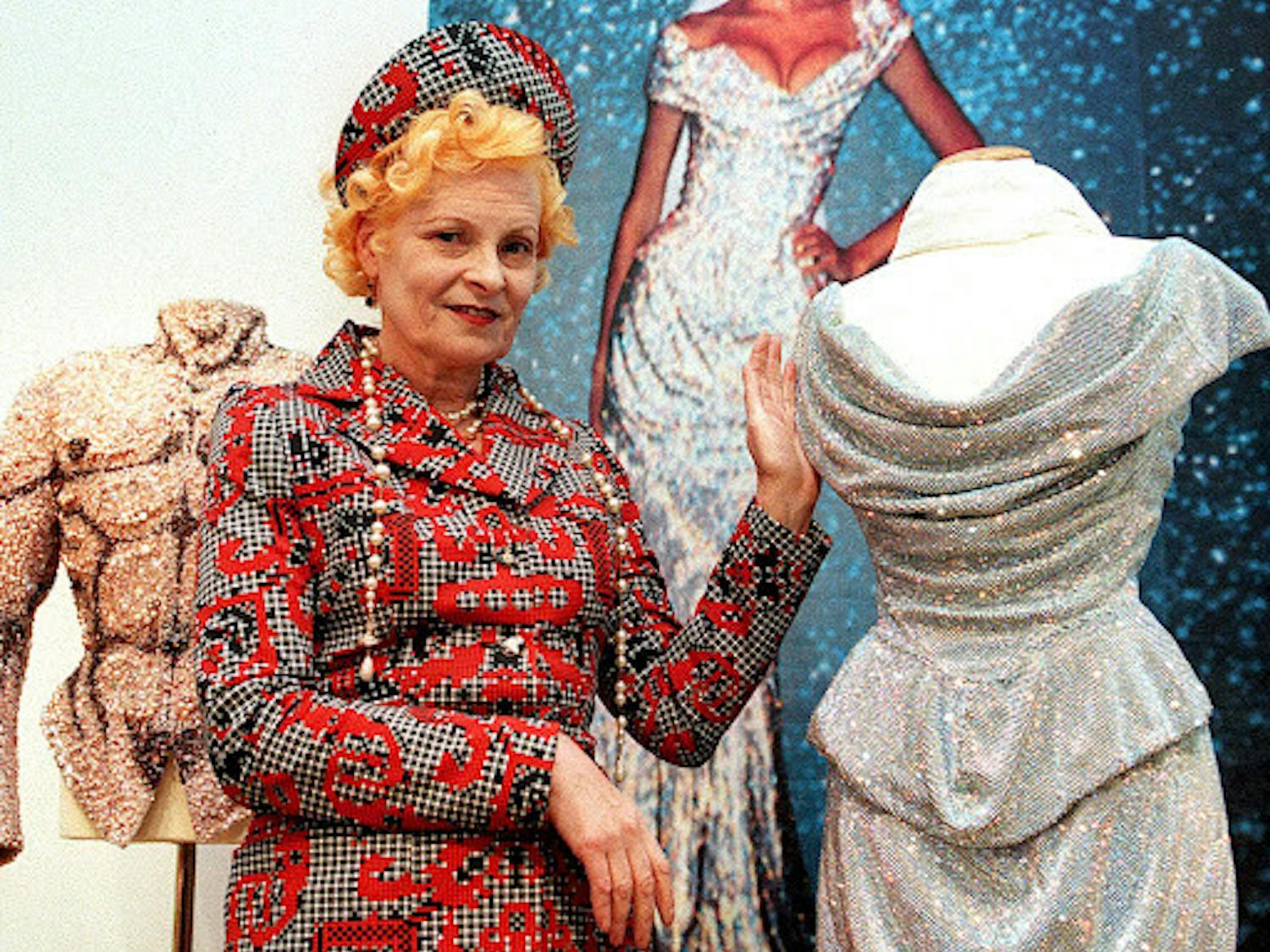From an early age, I was practically spoon-fed puppets. I was introduced to shows like Fraggle Rock and ALF, even though the puppets within them often gave me nightmares. I would walk into a Barnes and Noble and stare at the trees of hand puppets with awe, wondering how such limp pieces of fabric can come to life with a skilled hand. And of course, my father made sure I was well-acquainted with The Muppets, making sure I knew to laugh at every punch line and “waka waka” from Fozzie Bear and had every single lyric to the songs in A Muppets Christmas Carol memorized.
Puppet History is an edutainment (educational-entertainment) show created by Shane Madej for Watcher Entertainment. Edutainment’s goal is to educate its audience while entertaining them; examples of this are apps like Duolingo or shows like Horrible Histories. The company, started by Madej, Ryan Bergara, and Steven Lim, formerly of BuzzFeed, focuses on producing quality digital shows, like Ghost Files, Dish Granted, and of course, Puppet History. The three met while working for BuzzFeed, with Madej and Bergara famously collaborating on the show BuzzFeed: Unsolved.

Shane Madej wearing a white shirt and a green jacket holding a plush of the Professor (a blue puppet) against a brick wall | Source: Watcher’s Instagram @wearewatcher
The show centers around the elusive Professor (Madej): a bright blue puppet with a satchel and a penchant for teaching his students commonly overlooked moments in human history. In each episode, he teaches the audience and his students, Ryan Bergara, and a special guest, about an interesting moment in history. My favorite topics discussed range from the Possessed Nuns of Loudun to the life of Ching Shih, the Pirate Queen. These special guests compete for points, in the form of jelly beans, and the title of History Master. The show follows a set format, the Professor teaches a history lesson, and, at the end of the lesson, the Professor jumps behind the small stage of the puppet theater, so another puppet can take over and sing a musical number for the audience. These puppets had something to do with the historical moment discussed in the show, and their song comes from their point of view within history. Finally, after the song, one student is crowned History Master and is awarded their prize, the Coveted Cup (a very tiny trophy filled with jelly beans).
Madej’s mission with Puppet History has been to cover under-discussed historical events. This leads to a wide variety of topics taught on the show, from the struggles of revolutionaries, such as Policarpa, a revolutionary spy during the Spanish Reconquista in Colombia, or the lives of trailblazers like Bessie Coleman, America’s first Black aviatrix. Many of the historical figures discussed have never been heard of by much of Watcher’s audience, as they are not commonly covered in history books or other historical edutainment programs. Madej is exposing and educating his audience about these oft-looked parts of history. He is spreading their stories further and helping build awareness and understanding of these important figures and struggles, making certain their side of history isn’t erased, as it has in the past to suit a westernized version of history.
Puppet History, while being revolutionary in its coverage of diverse topics, has also revolutionized the world of online edutainment in another way: through the overarching plot and lesson within it.
Season 5 of Puppet History starts with our protagonist, the Professor, sadly and canonically dead. He was transported back to the Cretaceous period and eaten by a T. rex. However, in true cinematic universe fashion, a series of post-credit scenes show the Professor reborn from a T. rex egg to his dinosaur parents, played by Joyce Louis-Jean and Garrett Watts. He quickly bonds with his new parents, teaching them history lessons as he used to in his tenure as host and professor.

3 puppets, 2 dinosaurs, one pink and one yellow, and the professor, a fuzzy blue puppet with glasses, standing outside at night staring at the stars. | Source: Watcher (Puppet History: America’s First Black Aviatrix)
Sadly, their time together runs short, as the Professor coincidentally arrived in the Cretaceous right before the infamous meteor strike that killed the dinosaurs. While teaching his parents a lesson on the demise of the dinosaurs, they all pause, seeing a bright object hurtling toward Earth.
Enjoy what you're reading?
Signup for our newsletter
The Professor immediately panics. He scolds himself for focusing too much on the past and the future and never living the today, missing out on his life, something I, and many others, find all too relatable. The Professor reflects these fears in a very real way, proclaiming, “I’ve squandered it all!”
Quickly, his parents comfort him, telling him that they’ve got each other in the moment, and that’s enough for them. The three make the journey to the Dinosaur Dad’s favorite rock to watch the meteor approach. The Professor finally comes to terms with his untimely demise, even if he never envisioned his life ending this way.
Following this is an incredibly emotional song, sung by the Professor and the meteor about to strike Earth. Most of the songs in this series are comic, with absurd lyrics and visuals. However, this song and sequence strike a more serious chord. The meteor and the Professor sing about their journeys coming to a close: for the Professor his life and the meteor their travels throughout the galaxy.
Some of the lyrics sung include: “And when sweet Earth, we finally meet / The sky will burn and boil the sea / As mountains rend, it's you and me / Here is the end of history.” These lyrics convey a sense of peace, even at the end of the world, much like the songs “I Know the End” by Phoebe Bridgers and “Wasteland, Baby!” by Hozier.
In between the lyrics of the song, the meteor reflects on its landing on Earth, talking about how scared it is to finally be ending its journey. However, it feels comforted by Earth’s beauty, saying, “If I’m gonna stop… this looks like a really wonderful place to do it,” as a montage of Earth plays. The meteor, much like the Professor, is coming to peace with the end of its journey by living in the moment and appreciating the surrounding beauty.
It is rare to see such a mature and heartwarming lesson in contemporary media. So much of what is produced and consumed is cynical and pessimistic, pointing out the negatives of modern life. But Puppet History says no. It forces its audience to go outside, speak to someone, and live in the moment, which is a lesson all can appreciate.
Modern lives are filled with questions about our impending doom. We are simultaneously stuck in both thoughts of the future and the past, leaving us paralyzed in the present. The end of the world is scary and no matter how many films we consume about it or how many songs we sing to comfort ourselves, it is incredibly difficult to achieve acceptance of our fate. Puppet History tells its audience that yes, things will end, mountains will fall, humanity might be wiped from existence but, you still have those you love.
Watcher’s Puppet History is revolutionary, in both its diverse range of topics covered, its inclusion of a storyline, and how it tackles its audience’s anxieties over the apocalypse. Madej, and his cowriter, Garrett Werner’s, storytelling is impeccable, weaving important and oft-overlooked historical moments together with a tale of friendship, hope, love and, of course puppets.
Now, go follow Shane Madej’s advice: go sit outside and look at your favorite rock, tell those that you love, that you love them, and take a minute to appreciate the world around you. It won’t be here forever. Enjoy it while it lasts. And remember! The details might be… a little fuzzy.
Chinese Translation Here




